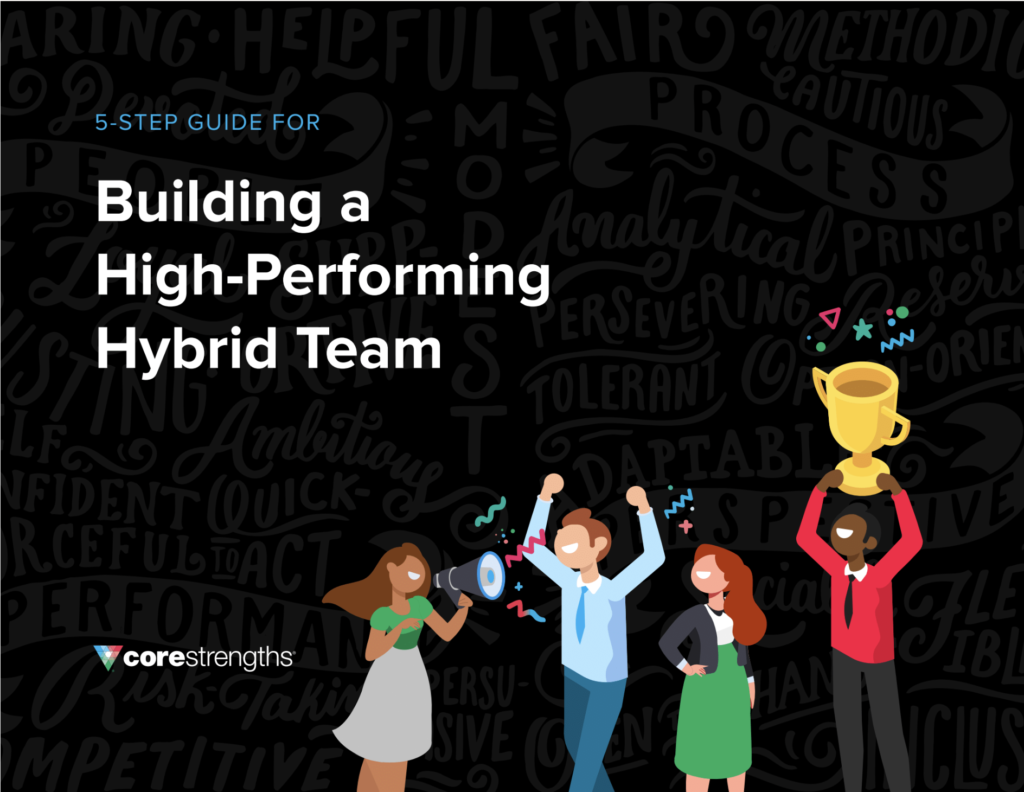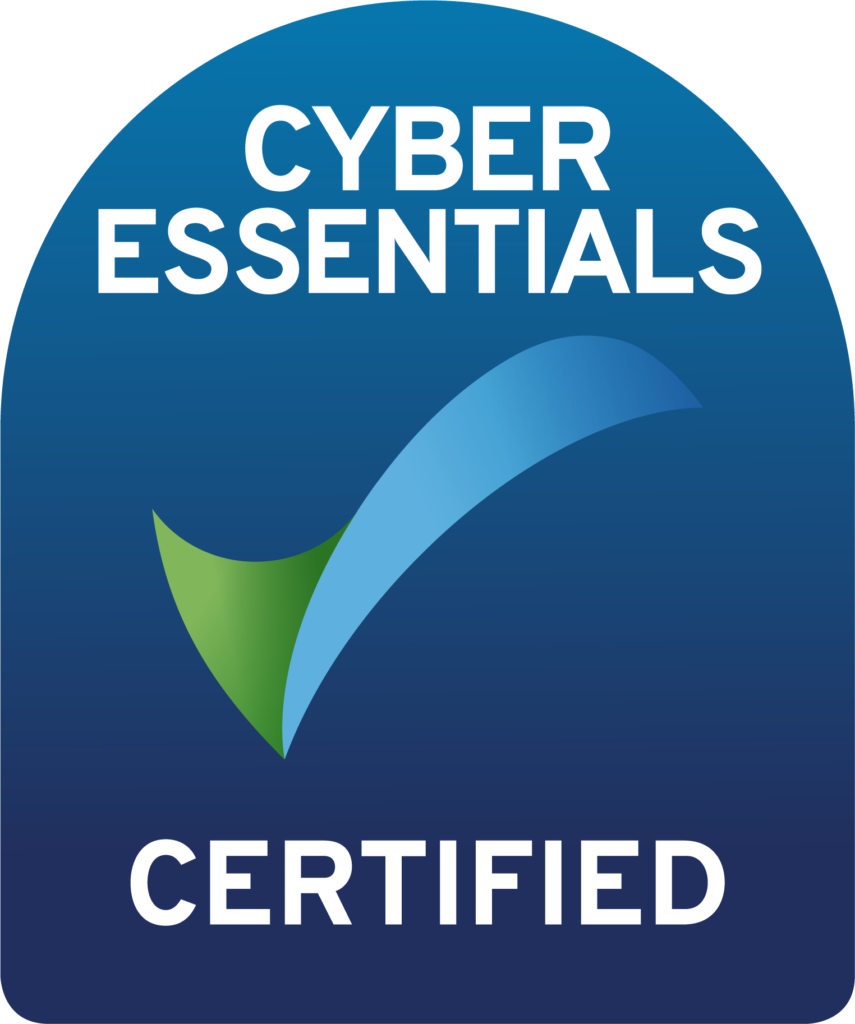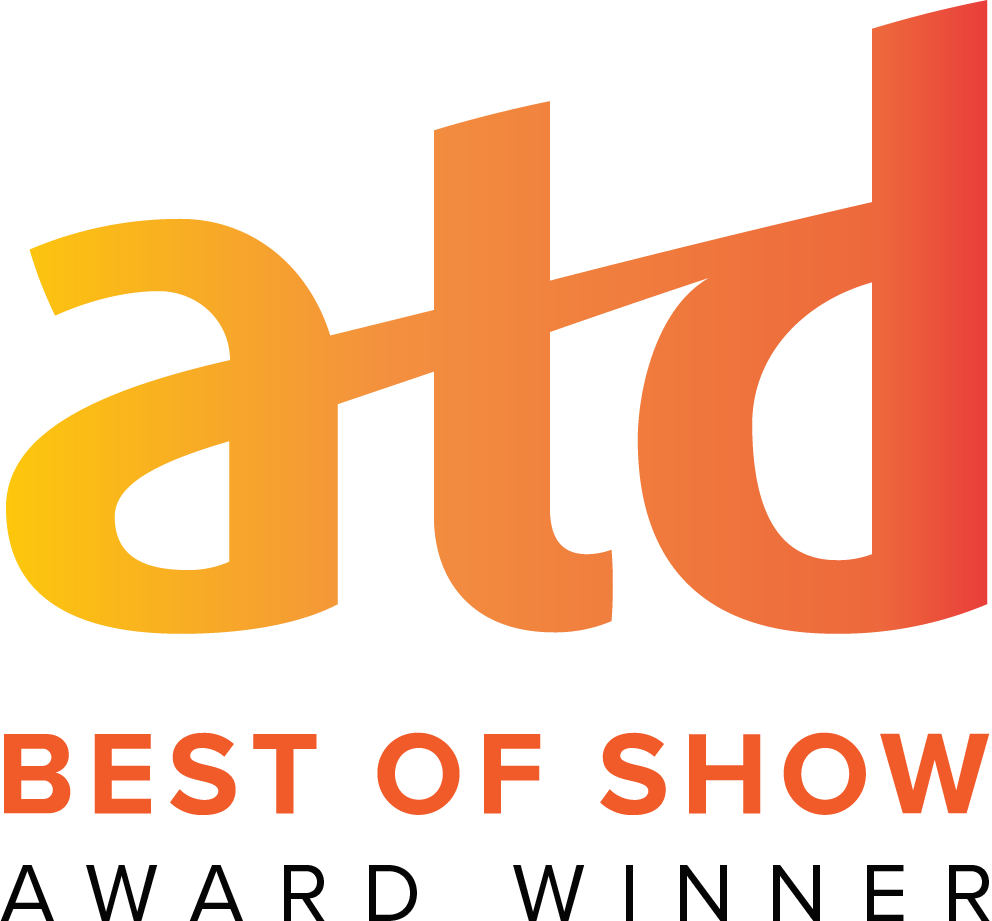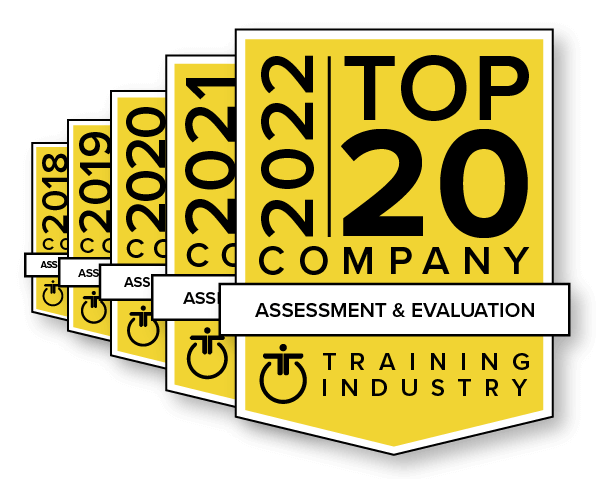A team is a group of people working together to achieve a common goal. Each member brings a unique perspective and strengths to the team that should make the group better if harnessed correctly. Unfortunately, the same attributes that should make us better are often the things that make it challenging to work together.
High-performing teams discover how to embrace diversity, tap into each team member’s strengths, and fully engage the group’s collective energy toward meaningful goals.
After considering the many ways teams fall short (conflict, blame, apathy, avoidance), it’s abundantly clear that creating a high-performing team is easier said than done. But while it’s not easy, the path is clear. Leaders create better teams when there is an emphasis placed on knowing what makes each team member tick and orchestrating more productive interactions between people.
That’s where Relationship Intelligence (RQ) comes in. RQ gives people insight on how to tailor their approach with others for a better outcome. This relational agility is aggregated from deep insight into four views of a person:
- the motives that drive behavior
- how people predictively experience conflict
- the behaviors (strengths) people use to get things done effectively
- how overdoing particular strengths can negatively affect coworkers and customers
Core Strengths measures RQ through the SDI 2.0 assessment, trains teams to collaborate effectively, reinforces RQ insight through the Core Strengths Platform, and ultimately helps teams apply their relational skills through feedback, coaching, and workplace software integrations.
Each is an essential part of building better teams. The more people from the broader enterprise operating with a shared understanding, the easier it is to build and leverage cross-functional relationships and global teams.
With Relationship Intelligence, leaders know how to bring out the best in the people around them, team members recognize how to communicate in the right style with colleagues, and organizations foster a culture of collaboration. Most importantly, everyone operates with a higher level of self-awareness and a new appreciation for team diversity.

